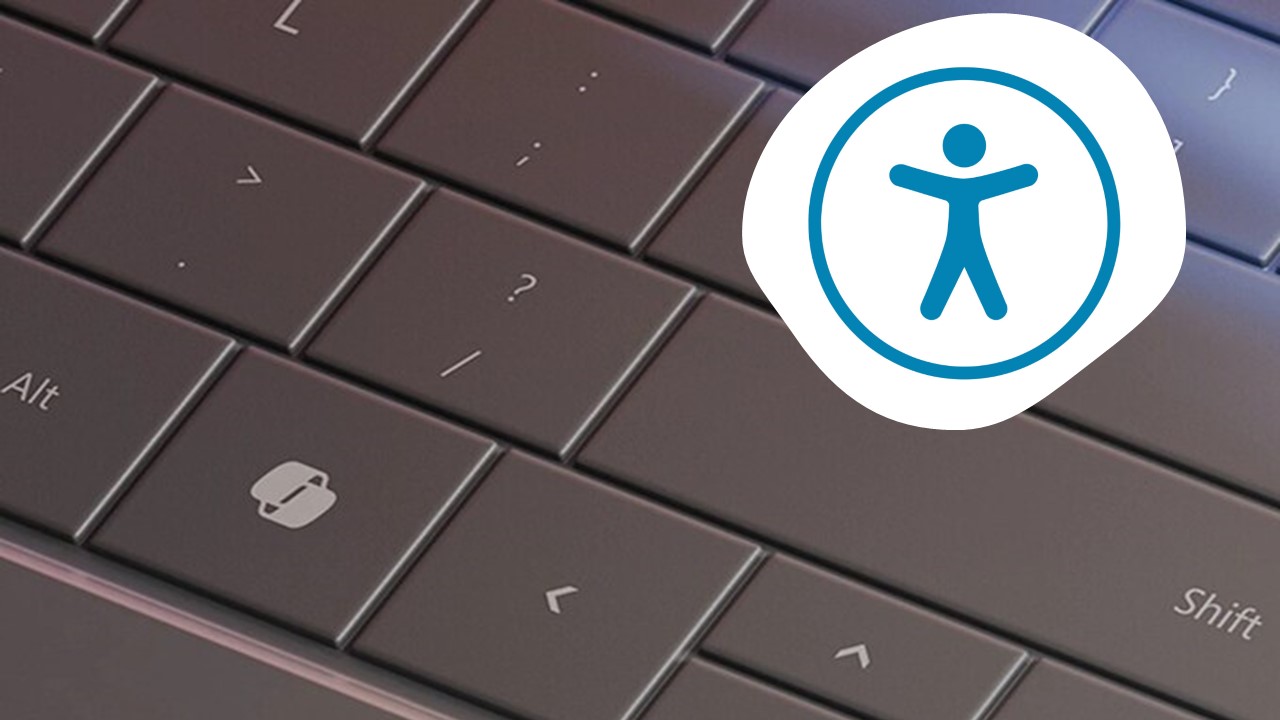
by David Redmond
For almost three decades, Microsoft’s QWERTY keyboard design has remained largely the same. The last big change came with the introduction of the Windows key, introduced in 1994 ahead of the release of Windows 95. But now, Microsoft has decided it’s time for a change. It is introducing the AI copilot key.
For most keyboards, this new key will be on the right-hand side, replacing either the right control key or the menu key. The key will launch Microsoft’s copilot tool, introduced in recent versions of Windows 11 and powered by tech from Chat GPT maker Open AI.
I think it’s fair to say that the Windows key went on to become an essential part of Windows, and is probably used by screen reader users even more than the average PC user. It’s hard to predict if this new AI key will impact as much, but Microsoft is betting big on AI.
While quick access to AI features might ultimately be a good thing for accessibility, this new key might cause some frustrations. The removal of the right control key on some configurations might make some shortcuts like CTRL+A or CTRL+S a bit more difficult, especially for those with some motor disabilities.
Change might also result in a need to consider keyboard layout more when communicating things like shortcuts, as now people with newer laptops will have different keyboard layouts. Instead of just having the Apple Layout and Windows layout, we’ll now also have the new Windows layout.
AI has shown us its impact in 2023 and has been nothing short of a game-changer for those with disabilities. But this is 2024. Will Microsoft’s Copilot justify an entire key on the keyboard? Who knows? But for better or worse, a change like this to a keyboard design that’s remained relatively static for 30 years, well that does feel weirdly historic.



